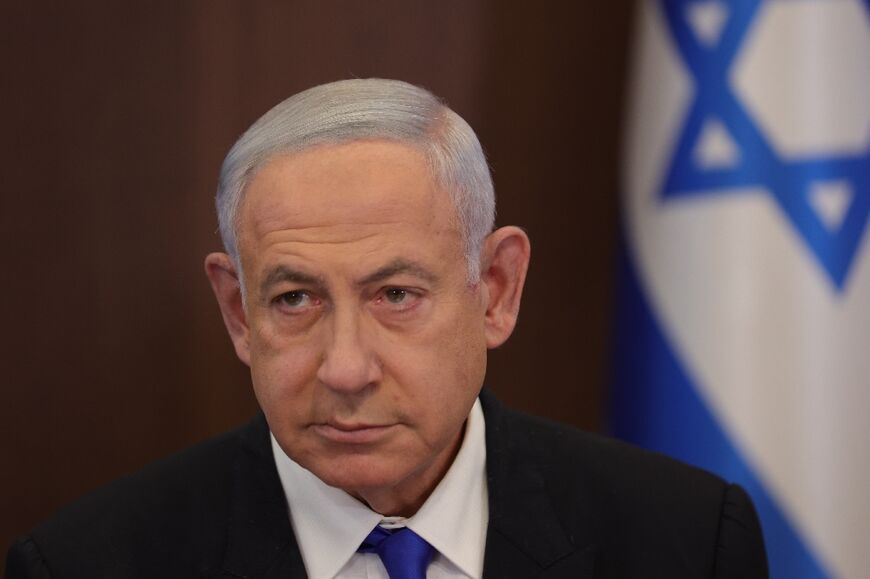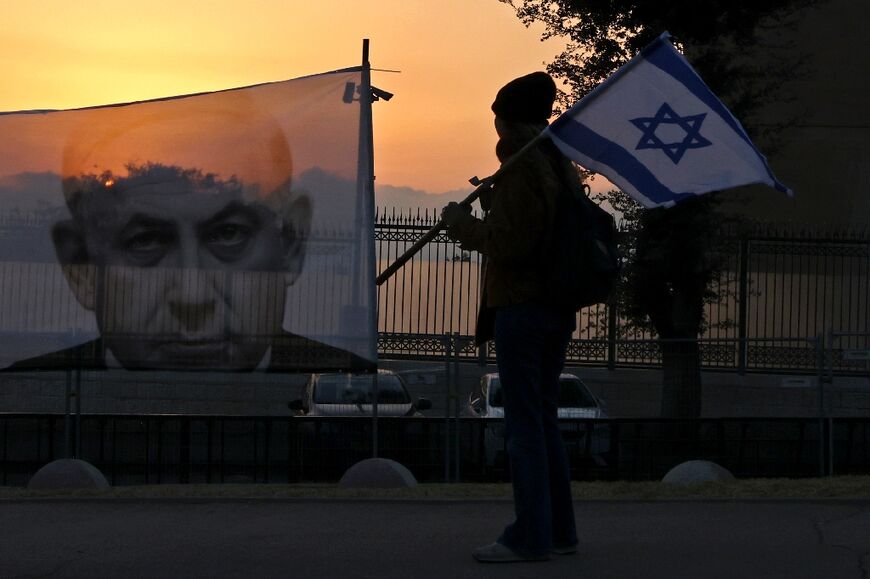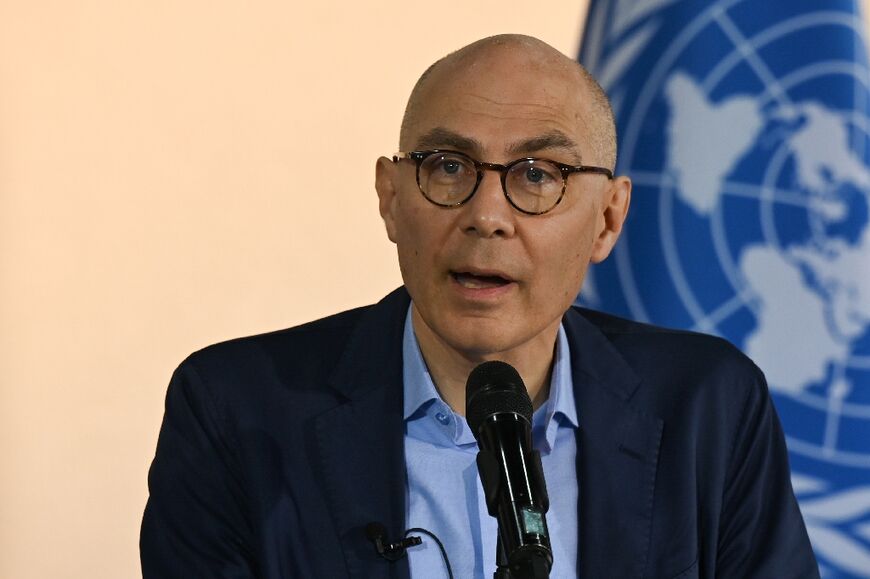Israel MPs push on with justice reform despite mass protests

Israel's parliament took a step towards approving a controversial judicial reform Tuesday despite weeks of mass protests against the legislation critics see as a threat to democracy.
President Isaac Herzog -- who has been attempting to broker dialogue on the divisive issue, which would boost the powers of politicians over the courts -- said there was widespread "fear for the nation's unity".
UN rights chief Volker Turk urged Israel to pause the legislation, saying the proposed changes "would drastically undermine the ability of the judiciary to vindicate individual rights and to uphold the rule of law".
"Experience in Israel, and around the world, has shown the enduring value of a judiciary that can independently hold the other branches of government to the fundamental legal standards of a society set out in its basic laws," Volker said in a statement.
Prime Minister Benjamin Netanyahu denounced Turk's comments as an "absurdity", adding that the UN would have done better to "condemn the violations of human rights in Iran, Syria or the Palestinian Authority", his office said in a statement.
Lawmakers in the early hours voted by 63 to 47 to support a key bill in the reform at first reading. It will now return to the law committee for more debate, ahead of its second and third readings in the Knesset.
The legislation would give more weight to the government in the committee that selects judges, and deny the Supreme Court the right to strike down any amendments to so-called Basic Laws, Israel's quasi-constitution.
The reform is a cornerstone of Netanyahu's administration, an alliance with ultra-Orthodox and extreme-right parties which took office in late December.
"This is a difficult morning," said President Herzog, whose powers are largely ceremonial. "Many people fear for the nation's unity," Herzog said at a conference organised by the Ynet news website.
"We need to make every effort to continue dialogue after this vote, to reach an agreed framework to take us out of this difficult period."
- 'Drastically undermine' rights -
The Tuesday vote passed despite weeks of protests in Israel's main cities.
Tens of thousands again took to the streets of Jerusalem and Tel Aviv on Monday when, inside parliament, opposition lawmakers disrupted the debate with shouts of "shame".
Israeli opposition leader Yair Lapid, the centrist former prime minister, had hit out at government lawmakers after the vote passed.
"History will judge you for this night -- for the attack on democracy, the harm to the economy, the harm to security, for tearing the unity of the people to shreds and simply not caring," Lapid said in a tweet.
The architect of the bill, Justice Minister Yariv Levin, called on the opposition to "come and talk".
"We can reach understandings," he said.
Netanyahu said: "We need immediate dialogue with no preconditions."
The prime minister has presented the judicial reforms as key to restoring balance between the branches of government, arguing judges currently have too much power over elected officials.
Another bill advanced as part of the reform would give the 120-member parliament the power to overrule Supreme Court decisions with a simple majority of 61 votes.
The opposition accuses the government of a power grab, and weekly protests against the legislation since early January have been joined by tens of thousands of people.
Critics, including Supreme Court president Esther Hayut, have condemned the reform as an assault on the independence of Israel's judiciary.
Some of Netanyahu's critics have also tied the reform plan to his ongoing corruption trial, arguing he is seeking to undermine a judicial system he has accused of targeting him unfairly for political reasons.
Netanyahu has denied the corruption charges. The veteran leader, who reclaimed power late last year after spending 14 months in opposition, has also firmly rejected any link between the reforms and his own trial.









